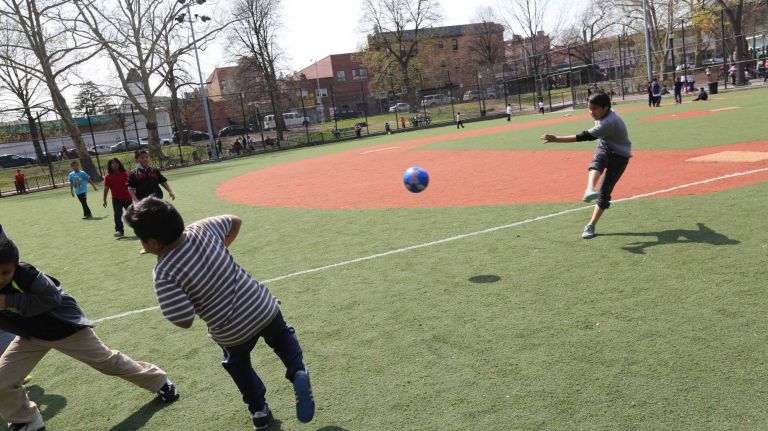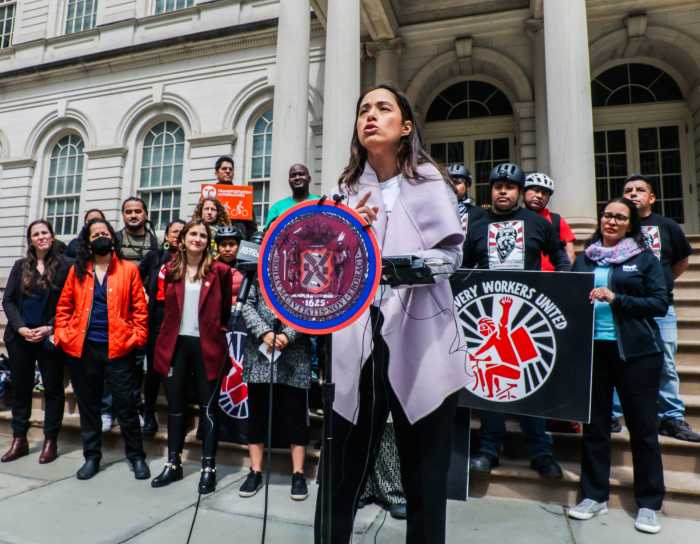After-school program providers won’t have to cough up as much money to use Department of Education buildings this fall.
The Department of Education announced earlier this week the permits private after-school programmers need to use DOE buildings will be brought down to pre-pandemic prices ahead of a full public school reopening. Department officials claim the price was due to increased cleaning efforts to comply with COVID-19 health and safety guidelines.
Some program providers worried that they would not be able to offer their services in schools come September due to the price hike. Trail Blazers, a nonprofit organization that runs up to 10 after-school programs in Brooklyn every year, normally has to pay $8,000 to work in DOE buildings. But last year, the organization was billed three times that amount, $24,000, according to Executive Director Riel Peerbooms.
Peerbooms was “happy to hear” about the DOE’s decision which he said will allow the organization to operate like it did prior to the pandemic. Keeping permit fees at pandemic prices would have been “counterproductive” to the economic recovery of New York City, said Bob Townley, the executive director of Manhattan Youth, a nonprofit that provides childcare and after-school activities for roughly 2,500 lower Manhattan families. Working parents across the city would struggle to return to workforce without the child care service after-school programming provides, both said.
“After-school programs are incredibly important to our young people, and we are pleased to share that our fees and waiver program for organizations using school space will return to pre-COVID levels,” said DOE spokesperson Nathaniel Styer. “We’re looking forward to seeing students and CBOs back in our schools next fall engaging in enriching after-school programming.”
Chris Caruso, managing director of the school-age portfolio for the Robin Hood Foundation, which works to help low-income families in the city, said “New York City has a rich history of opening its schools to nonprofit organizations to provide educational and enrichment services to children and families. This move will help connect more kids to vital supports.”







































